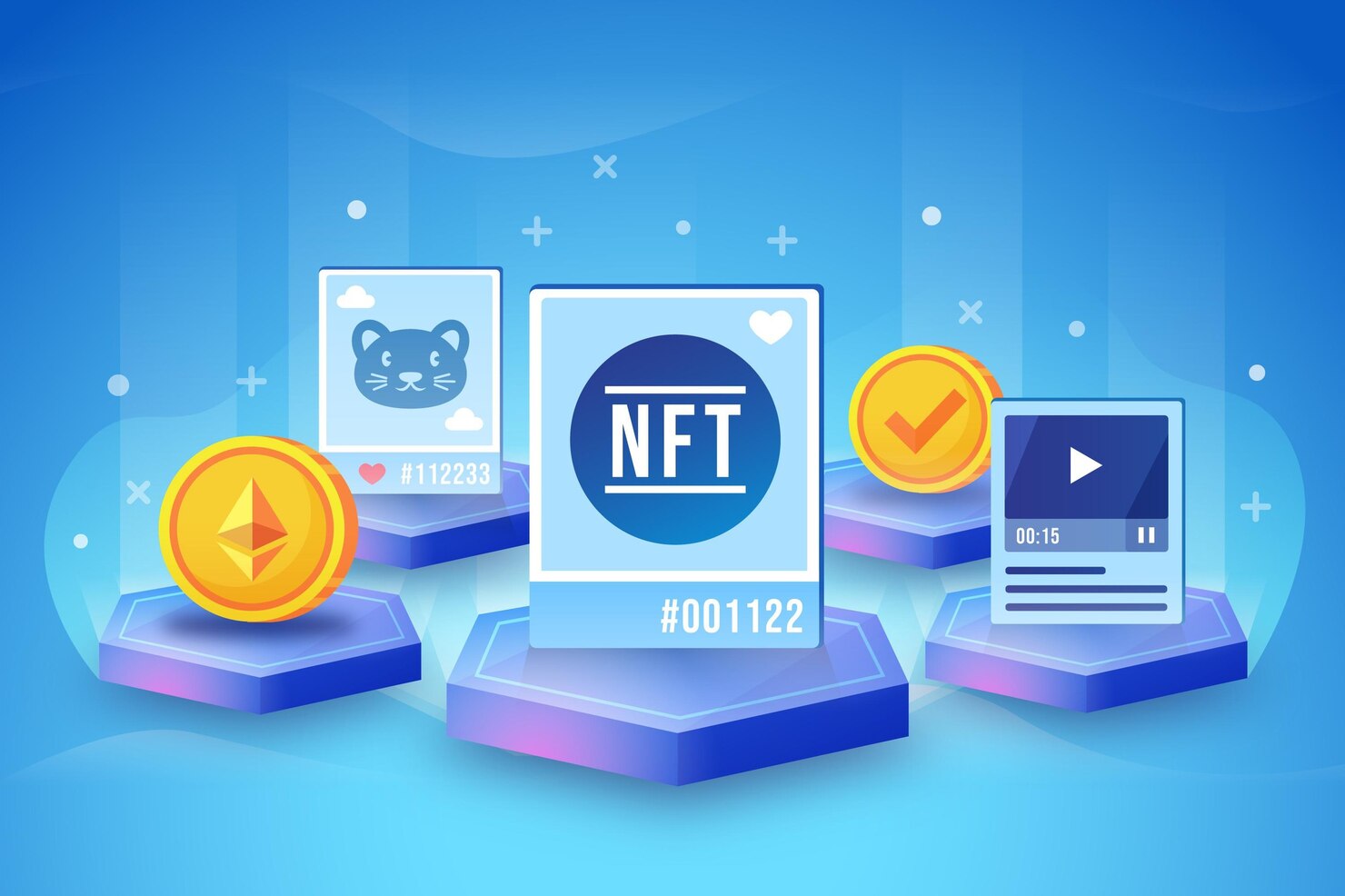
Yamakoshi, a secluded village in the Niigata mountains of Japan, has embarked on a unique digital initiative to support its aging population. Through the sale of non-fungible tokens (NFTs), the village has attracted 1,700 “digital citizens” and generated significant funds to sustain community activities and local needs.
The Neo-Yamakoshi Village Project
The initiative, known as the Neo-Yamakoshi Village project, was initiated by local residents in 2021. It revolves around the Nishikigoi NFT collection, which derives its name from the vibrant breed of koi carp synonymous with the region. These NFTs serve dual purposes: they act as digital identifiers for Yamakoshi’s “digital citizens” and as governance tokens that allow holders to participate in the village’s decentralized autonomous organization (DAO)-managed voting processes.
According to the Yuri Group, a Japanese research and consulting firm, the project has successfully raised over $423,000 through Nishikigoi NFT sales. The funds have been directed towards various community initiatives, including organizing a sports day for local school children, enhancing the quality of life and social engagement within the village.
Pricing and Accessibility of NFTs
The Nishikigoi tokens are offered for free to residents physically located in Yamakoshi, while the broader digital community can purchase them. As of June 26, the floor price for these tokens was set at 0.0318 Ether (approximately $3,395), as listed on the NFT marketplace Magic Eden.
While NFT technology alone may not directly address Japan’s record-low birth rate, it represents a novel approach to fundraising for aging populations in isolated rural communities. The Yuri Group speculates that if successful, this model could potentially help other rural areas in Japan raise up to half a billion dollars, while also exploring innovative social technologies with potential global appeal.
The Japanese government, under Prime Minister Fumio Kishida, recognizes Web3 technologies as a pivotal element in achieving “Society 5.0.” This vision aims to integrate advanced technologies like artificial intelligence, the Internet of Things, and big data to create a more sustainable and advanced society. In line with this, the Neo-Yamakoshi Village project received a grant of 10 million yen (about $62,500) from the ruling Liberal Democratic Party to test and implement Web3 tools.
Challenges and Cultural Integration
Despite the enthusiasm for this digital venture, the project has faced several challenges, including educating older adults about the technology and its benefits. The decentralized voting process managed by the DAO has seen low turnout, highlighting the need for more effective communication and engagement strategies.
Moreover, the language barrier has posed difficulties for international digital citizens, affecting their active participation and integration into the project.
Amid these localized efforts, the global NFT market has experienced a significant downturn. According to CryptoSlam, NFT sales volume is expected to close the second quarter of 2024 down by 45%, with June likely to be the worst-performing month since October 2023. NFTGo data indicates that market capitalization, primarily driven by collectibles and avatars, fell by 31.5% in the three months leading up to June 26.
Despite these market challenges, there is optimism about the role of NFTs in Japan, a country renowned for its rich culture of anime and manga. Will Fee, a researcher at Yuri Group, noted that Japan’s vibrant physical collectibles culture could naturally extend to NFT adoption, suggesting a lasting appeal for both practical and playful applications of the technology.
Yamakoshi’s foray into digital citizenship via NFTs illustrates a creative merging of traditional community support with modern technological solutions. As the village navigates the complexities of integrating these technologies, the potential for broader adoption across rural Japan offers a hopeful prospect for other communities facing similar demographic challenges.
Featured image credit: Rubaitul Azad via Unsplash
